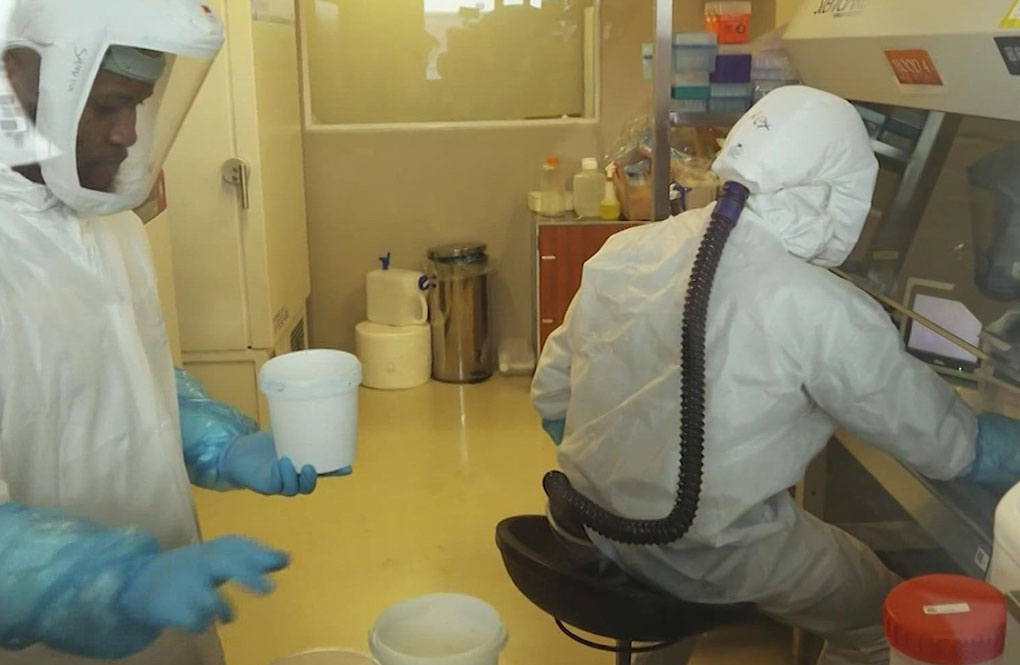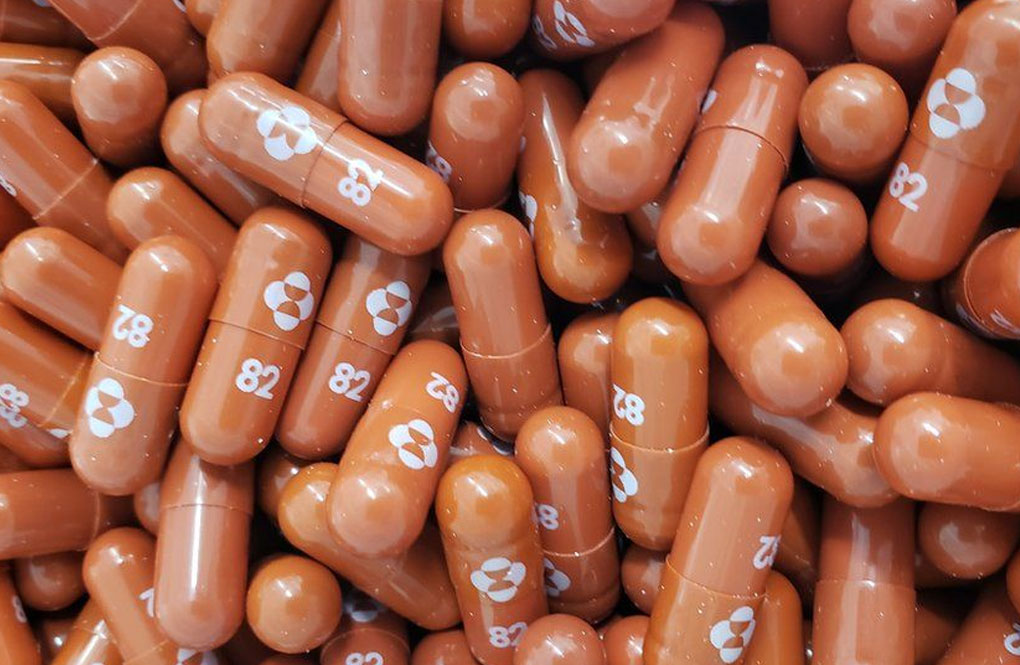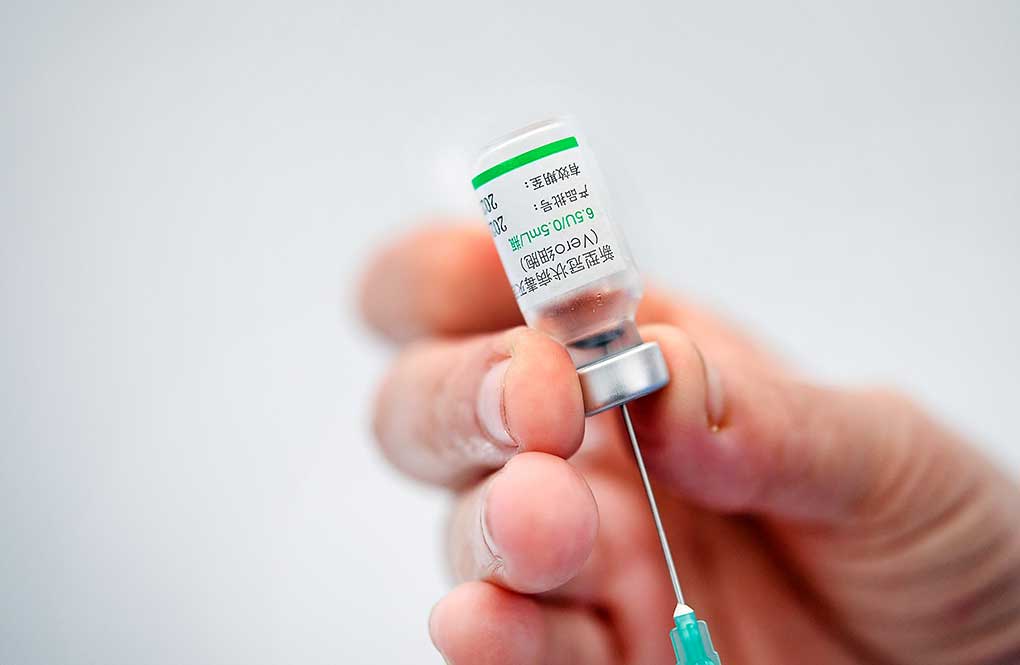The discovery of a new coronavirus variant has triggered global alarm as countries rushed to suspend travel from southern Africa and stock markets on both sides of the Atlantic suffered their biggest falls in more than a year.
The United States will restrict travel from South Africa – where the new mutation was discovered – and neighbouring countries effective on Monday, a senior US administration official said.
Going further, Canada said it was closing its borders to those countries, following bans on flights announced by the United Kingdom, the European Union and others.
The World Health Organisation said it was designating the variant, named Omicron, as being “of concern” – a label only given to four variants to date.
But it could take weeks for scientists to fully understand the variant’s mutations.
Health authorities are seeking to determine if omicron is more transmissible or infectious than other variants and if vaccines are effective against it.
South Africa’s Health Minister Joe Phaahla called the travel restrictions “unjustified” although he also said preliminary studies suggested the new variant may be more transmissible
“This new variant of the COVID-19 virus is very worrying. It is the most heavily mutated version of the virus we have seen to date,” said Professor Lawrence Young, a virologist at the UK’s Warwick university.
“Some of the mutations that are similar to changes we’ve seen in other variants of concern are associated with enhanced transmissibility and with partial resistance to immunity induced by vaccination or natural infection.”
Those worries pummelled financial markets, especially stocks of airlines and others in the travel sector, and oil, which tumbled by about $US10 a barrel.
Meanwhile, the scramble to ban air travel from southern Africa left hundreds of passengers on two KLM flights from Cape Town and Johannesburg stranded on the tarmac for hours at Amsterdam’s Schipol Airport before they were transferred for testing.
“Bus to a hall to a huge queue. I can see COVID testers in bright blue PPE far on the distance. Still no snacks for the sad babies,” tweeted New York Times journalist Stephanie Nolen, a passenger on the flight from Johannesburg.
Several other countries including India, Japan, Israel, Turkey, Switzerland and the United Arab Emirates also toughened travel curbs.
In Geneva the WHO – whose experts on Friday discussed the risks that the variant, called B.1.1.529, presents – had earlier warned against travel curbs for now.
“It’s really important that there are no knee-jerk responses here,” said the WHO’s emergencies director Mike Ryan, praising South Africa’s public health institutions for picking up the new variant of the coronavirus that causes COVID-19.
The variant has a spike protein that is dramatically different to the one in the original coronavirus that vaccines are based on, the UK Health Security Agency said, raising fears about how current vaccines will fare.
“As scientists have described, (this is) the most significant variant they’ve encountered to date,” UK Transport Secretary Grant Shapps told Sky News.
On Wall Street the Dow Jones Industrial Average was down 2.5 per cent, tracking its worst day since late October 2020, and European stocks had their worst day in 17 months as financial markets digested the news.
The coronavirus has swept the world in the two years since it was first detected in central China, infecting almost 260 million people and killing 5.4 million.
One epidemiologist in Hong Kong said it may be too late to tighten travel curbs against the latest variant.
“Most likely this virus is already in other places. And so if we shut the door now, it’s going to be probably too late,” said Ben Cowling of the University of Hong Kong.
Health officials are unsure where Omicron actually arose but has now been seen in travellers from southern Africa to Belgium, Botswana, Hong Kong and Israel.
Discovery of the new variant comes as Europe and North America enter winter, with more people gathering indoors in the run-up to Christmas, providing a breeding ground for infection.
(AAP)













